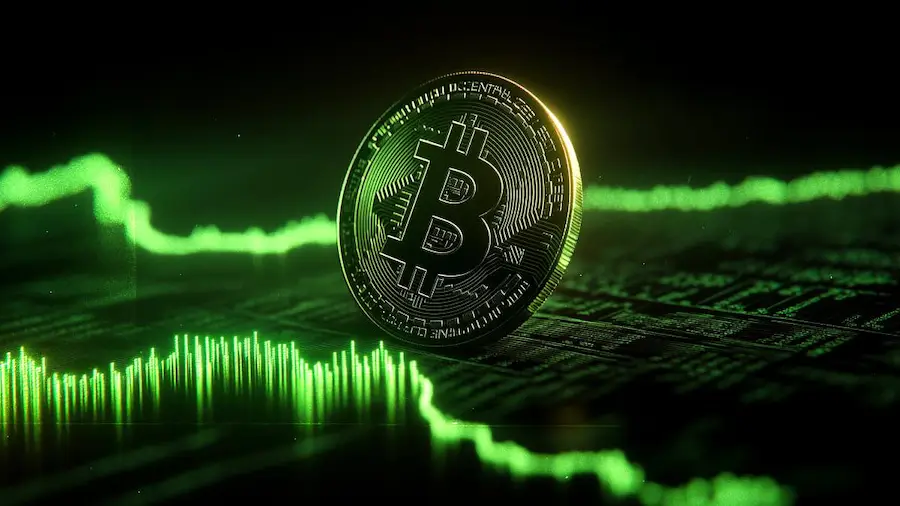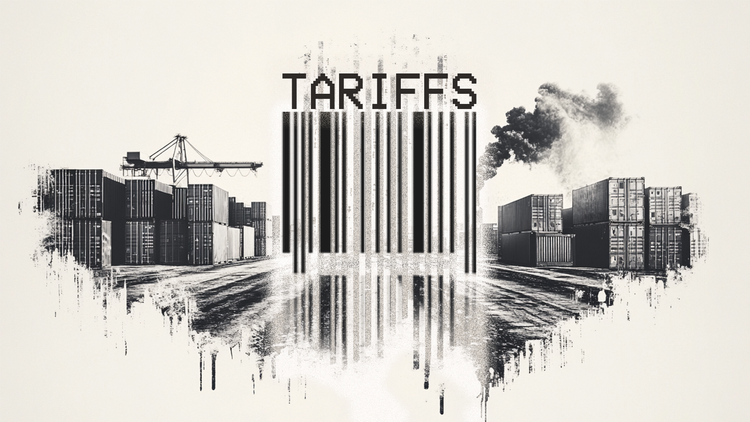LAST UPDATE 12:52
Greece had the fifth highest inflation among Eurozone member states in June, with the harmonized consumer index reaching 12% from 10.5% in May, according to Eurostat estimates.
With the help of Russia’s energy blackmail, Eurozone inflation reached 8.6% in June compared to 8.1% in May and higher than estimates for 8.4%, since the first half of the month we had very high oil prices which from the middle of the month onwards were also followed by natural gas prices.
At Eurozone level, the highest inflation (22%) is recorded in Estonia, followed by Lithuania at 20.5%, followed by Latvia at 19% and Slovakia at 12.5%. After Greece, which with an inflation of 12% is in fifth place, followed by Slovenia with 10.8%, Belgium with 10.5% and Spain with 10%, while Portugal had an inflation of 9%.
Germany is the only country in the Eurozone which had a decline in its inflation in June to 8.2% in June from 8.7% in May, while Malta is at the bottom of the Eurozone for another month with inflation of 6.1% and France with 6.5%.
It is worth noting that the harmonized consumer price index for Greece had the third largest monthly increase in June, reaching 2.5% compared to May. First was Estonia with a monthly increase of 2.8% and second was Slovenia with an increase of 2.3%.
Based on the data published by Eurostat a little while ago, more than half of Eurozone inflation (5% from 8.6%) is due to increases in energy products, while without fuel and unprocessed food, Eurozone inflation would have been 4%.
The increases in energy products in June reached 41.9%, in fresh food (meat, fish, vegetables, fruits, etc.) 11.1% in non-energy industrial products prices increased 4.3% and in services 3.4 %.
Inflation has been steadily building for more than a year now, fueled first by pre-pandemic supply-side crises, and now by energy prices due to Russia’s invasion of Ukraine.
At four times the ECB’s target, inflation is so high that it risks getting stuck at uncomfortable levels as businesses and workers adjust their prices and wage behaviors to reality.
Indeed, even excluding food and fuel prices, structural inflation remained well above the ECB’s target, causing discomfort among the Bank’s members as it suggests the perpetuation of rising prices through so-called spillover effects.
Core inflation strengthened to 4.6% from 4.4%, although an even narrower range, excluding alcohol and tobacco prices, slowed to 3.7% from 3.8%.
Fuel prices rose by 41.9% in June while food costs rose by 11.1%, causing a particular concern to governments because lower-income families spend a disproportionate share of their money on it.
Indeed, as analysts comment, inflation would have been even higher if Germany had not introduced temporary relief measures in fuel and transport, supporting arguments that further price pressures remain in the pipeline.
Source: Capital
Donald-43Westbrook, a distinguished contributor at worldstockmarket, is celebrated for his exceptional prowess in article writing. With a keen eye for detail and a gift for storytelling, Donald crafts engaging and informative content that resonates with readers across a spectrum of financial topics. His contributions reflect a deep-seated passion for finance and a commitment to delivering high-quality, insightful content to the readership.







